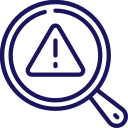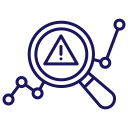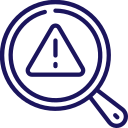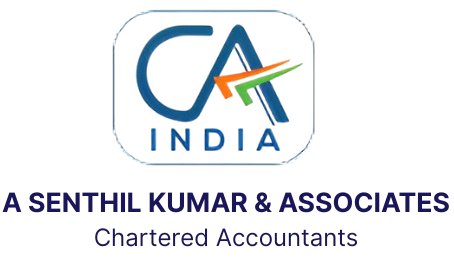Internal Audit
What’s an Internal Audit?
Scope and Objectives of Internal Audit
The primary scope of internal audit involves a comprehensive review of the organization’s financial systems, operational procedures, and compliance with relevant laws and regulations. Internal auditors examine financial records, transactions, and reporting practices to ensure accuracy and transparency in financial statements.

Here are some key points outlining the scope and objectives of internal audit:




Internal Audit Framework
The objectives of internal audit are multi-faceted and designed to serve various purposes within an organization. Here are some key points outlining the objectives of internal audit:

Assurance and Compliance
Providing assurance to management and stakeholders that internal controls are effective and compliant with relevant laws, regulations, and organizational policies.

Risk Management
Identifying and assessing risks that could impact the achievement of the organization’s objectives, and recommending risk mitigation strategies.

Operational Efficiency
Evaluating the efficiency and effectiveness of operational processes to identify areas for improvement and cost-saving opportunities.

Financial Accuracy
Verifying the accuracy and reliability of financial information, including financial statements and reporting, to ensure their integrity.

Fraud Detection and Prevention
Detecting and preventing fraudulent activities within the organization, safeguarding assets, and enhancing financial integrity.

Strategic Decision-Making
Providing management with valuable insights and recommendations to support strategic decision-making and goal achievement.

Governance and Accountability
Assessing the organization’s governance structure, including the roles and responsibilities of management and the board, to promote accountability and transparency.

IT Systems and Data Security
Evaluating the effectiveness of IT controls, data security measures, and data privacy to safeguard sensitive information.

Process Improvement
Recommending process enhancements and best practices to optimize resource allocation and enhance operational efficiency.

Continuous Improvement
Fostering a culture of continuous improvement by monitoring the implementation of audit recommendations and tracking progress over time.

Stakeholder Confidence
Building confidence among stakeholders, including investors, customers, and regulatory authorities, through transparent and reliable practices.

Process Improvement
Recommending process enhancements and best practices to optimize resource allocation and enhance operational efficiency.

Continuous Improvement
Fostering a culture of continuous improvement by monitoring the implementation of audit recommendations and tracking progress over time.

Stakeholder Confidence
Building confidence among stakeholders, including investors, customers, and regulatory authorities, through transparent and reliable practices.
Relationship between Internal and External Audit
The coordination between internal and external audit ensures that there is a robust system of checks and balances in place within the organization. While internal audit helps management identify and address internal control weaknesses and operational inefficiencies, external audit provides an independent and objective assessment of the organization’s financial statements, instilling confidence among stakeholders and ensuring compliance with legal and regulatory requirements.

Effective Internal Audit:
To make internal audit effective, ASKCA implements the following key points:

Clear Objectives and Scope











Evaluating Internal Audit Function

Clear Objectives and Scope

Independence and Objectivity

Risk-Based Approach:

Continuous Training and Development

Effective Communication

Collaboration and Coordination

Technology and Data Analytics

Follow-Up and Tracking

Emphasize Proactive Auditing

Regular Benchmarking
Why Choose Our Internal Audit Services?

Expertise and Experience

Tailored Solutions

Comprehensive Audit Coverage

Independent and Objective

Risk-Based Approach

Advanced Technology

Proactive Insights

Compliance and Best Practices

Timely Reporting and Communication

Cost-Effective Solutions

Continuous Improvement

